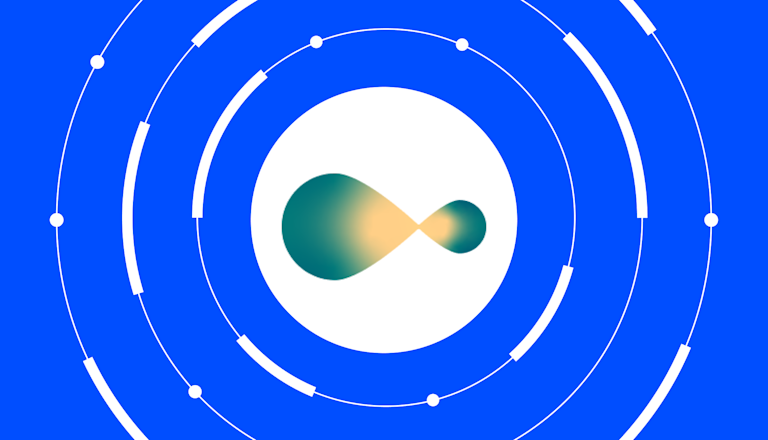
Blockchain networks like Ethereum face significant limitations in on-chain computation and gas costs. These challenges often force developers to choose between decentralization and functionality. Zero-knowledge (ZK) coprocessors are emerging as a groundbreaking solution, enabling verifiable off-chain computation while preserving the trustless nature of blockchain systems.
What Are Zero-Knowledge Coprocessors?
Zero-knowledge proofs (ZKPs) allow computation off-chain while submitting proofs on-chain to verify the computation’s correctness. This allows networks to solve the bottleneck of computation power, while maintaining decentralization and efficiency.
Key zero-knowledge proof systems include:
- zkSNARKs: Compact proof sizes (~128 bytes) but require a trusted setup.
- zkSTARKs: Larger proofs but eliminate the need for trusted setups, offering post-quantum security.
Highlights of Leading ZK-Coprocessor Solutions
Recent innovations such as RISC0, SP1, and Axiom are leading the way in building ZK-coprocessors, analogous to hardware coprocessors in traditional CPUs:
- RISC0: A zkSTARK-based proving system leveraging RISC-V architecture. It balances expressiveness and efficiency, supporting large-scale off-chain computation.
- SP1: Extends RISC0 with specialized circuits for cryptographic acceleration, reducing proof generation overhead.
- Axiom: Optimized for accessing historical blockchain data off-chain. This enables applications like advanced analytics and verifying contract states over time.
Real-World Applications
1. DeFi Lending Controllers
ZK-coprocessors can adjust interest rates or collateral requirements based on real-time liquidity data. By running algorithms off-chain and posting proofs on-chain, these systems eliminate centralization risks in dynamic lending models.
2. Machine Learning Risk Scoring
Protocols can analyze address histories to assess credit risk using off-chain ML models. A zk-proof ensures the correctness of computations, allowing trustless updates to user borrowing limits.
3. Transparent Margin Calculations
In derivatives markets, zk-coprocessors can perform trustless margin calculations off-chain. This removes the opaque processes of centralized exchanges, improving transparency and user confidence.
Advantages Over Alternative Solutions
- MPC: While privacy-preserving, MPC lacks succinct proofs and has higher communication overhead.
- TEEs: Trusted execution environments rely on hardware vendors, introducing centralization risks, unlike the cryptographic guarantees of ZK systems.
The Road Ahead
To fully realize the potential of ZK-coprocessors, challenges like scalability, developer tooling, and data availability must be addressed. Innovations in hybrid models combining ZK-coprocessors with rollups can further enhance blockchain performance.
Zero-knowledge coprocessors are transforming the blockchain landscape, enabling advanced applications without compromising decentralization. As these technologies mature, they will redefine what’s possible on blockchain networks, unlocking a future of limitless innovation.
Attached is the full version of the research:
